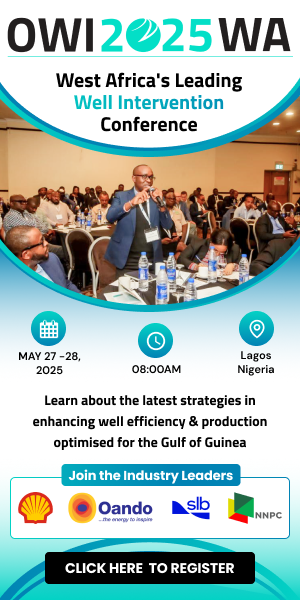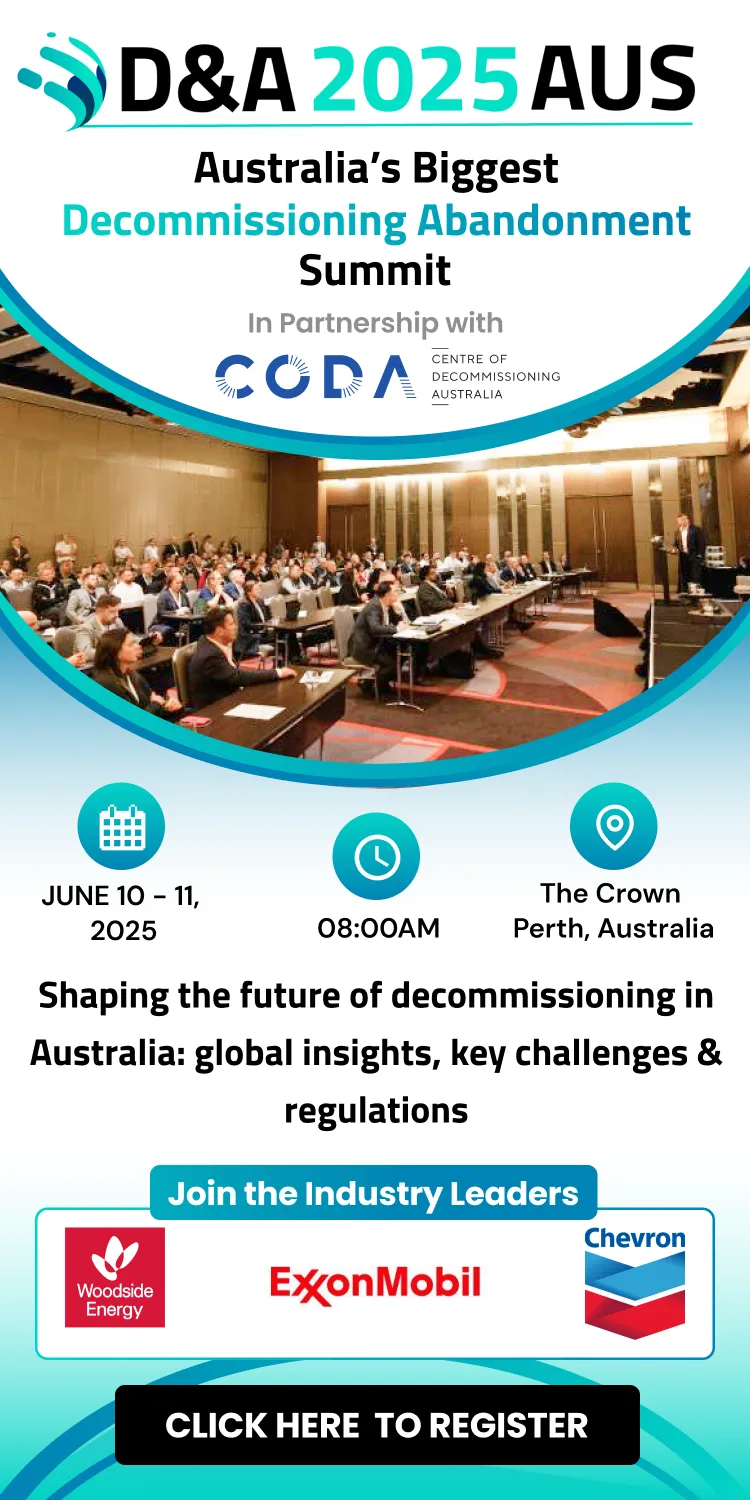HE Tarek El Molla, Egypts petroleum and mineral resources minister, told delegates at the ADIPEC conference in Abu Dhabi that he optimistic that Egypt is emerging from political turmoil and will become increasingly attractive to investors
“Since 2011, we have had two revolutions in 30 months - this affected negatively on investment - there was no stability [investors were] not very enthusiastic,” Minister El Molla told the conference, adding that oil and gas development needs to reflect the “new aspirations of the Egyptian people”.
“We are aiming high - we want a democratic, strong state.”
In regard to reducing subsidies, he said that in the last three years, Egypt has "committed to doing so and committed to keep doing so over the next two years, maximum three years.”
Minister El Molla cited investment by BP and Rosneft as examples of confidence in the Egyptian oil and gas industry.
“We took measures years ago to secure our oil and gas facilities," he said when referring to terrorist attacks which have occurred in Egypt. Now, he says, Egypt is looking ahead with "big exploration campaigns, big development projects."
The Honourable Jam Kamal Khan, Pakistan's minister of state for petroleum, was similarly upbeat about future oil and gas prospects. He said that Pakistan was looking for partnerships and that there are "opportunities in E&P, refining and LNG."
“In E&P, there is a lot of room for companies to come in and do work,” Minister Khan told delegates. "[And] we are looking to increase our capacity in refining."
"Companies are already there but we have more work," he said, using Pakistan's relationship with ADNEC and its "brothers in the UAE" as examples of existing strong partnerships. He also talked about the importance of working with Egypt and Oman, specifying the value of Pakistan's LNG partnership with Oman.





